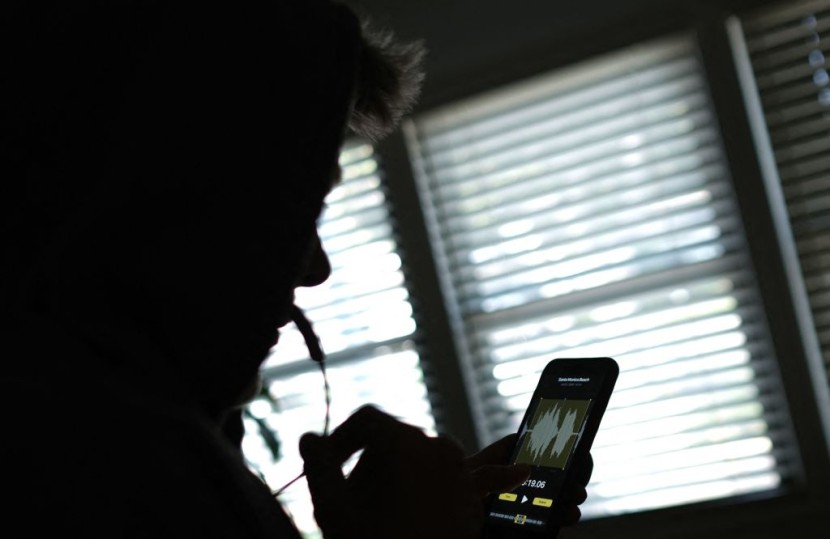EU member states have passed legislation that will let governments spy on journalists in the name of "national security."
The European Media Freedom Act (EMFA) proposal that the Council published last week would increase the authority of media surveillance, including installing spyware on journalists' phones, as reported by The Next Web.
The act was established to preserve media plurality and independence. The act was lauded as a significant advancement for protecting press freedom when the Commission introduced it in September last year.
However, France made an exception to the rule on using spyware against journalists earlier this month, providing it was done in the name of national security.
How It Works
If a member state believes a journalist's sources may be speaking to criminals involved in any threat the state considers, the exemption will let the state hack into the journalist's phone.
Monitoring software on journalists will now be permitted under a wide range of offenses, including murder, theft, and music piracy.
Will This Drive Abuse?
Advocates for press freedom have cautioned that these impromptu adjustments could "open the door to all sorts of abuses.

The 320,000 journalists from 45 different nations who make up the European Federation of Journalists said they were "disturbed" by the "dangerous loopholes" in the Council's proposal.
The addition of a national security exception to the EMFA, according to Reporters Without Borders secretary-general Christophe Deloire, is a "danger to journalism" and "would poison this law from within."
It is still too early to say what the full impact of the law will be. However, it is likely to have a positive impact on media freedom in the EU.
It is possible that the law could lead to the closure of government-controlled media outlets and the imprisonment of journalists who are critical of the government. It is also possible that the law could discourage journalists from reporting on sensitive topics, such as corruption and government abuses.
The new surveillance media law is a step in the right direction for media freedom in the EU. However, it is important to monitor the implementation of the law and to hold governments accountable for any violations of media freedom.
The draft legislation will now be brought to the European Parliament by EU ambassadors so that the final wording may be put together.
The European Commission praised the accord reached by the group's members and urged swift passage of the proposed legislation.
Related article: Statement from President Joe Biden on the Occasion of World Press Freedom Day 2023








